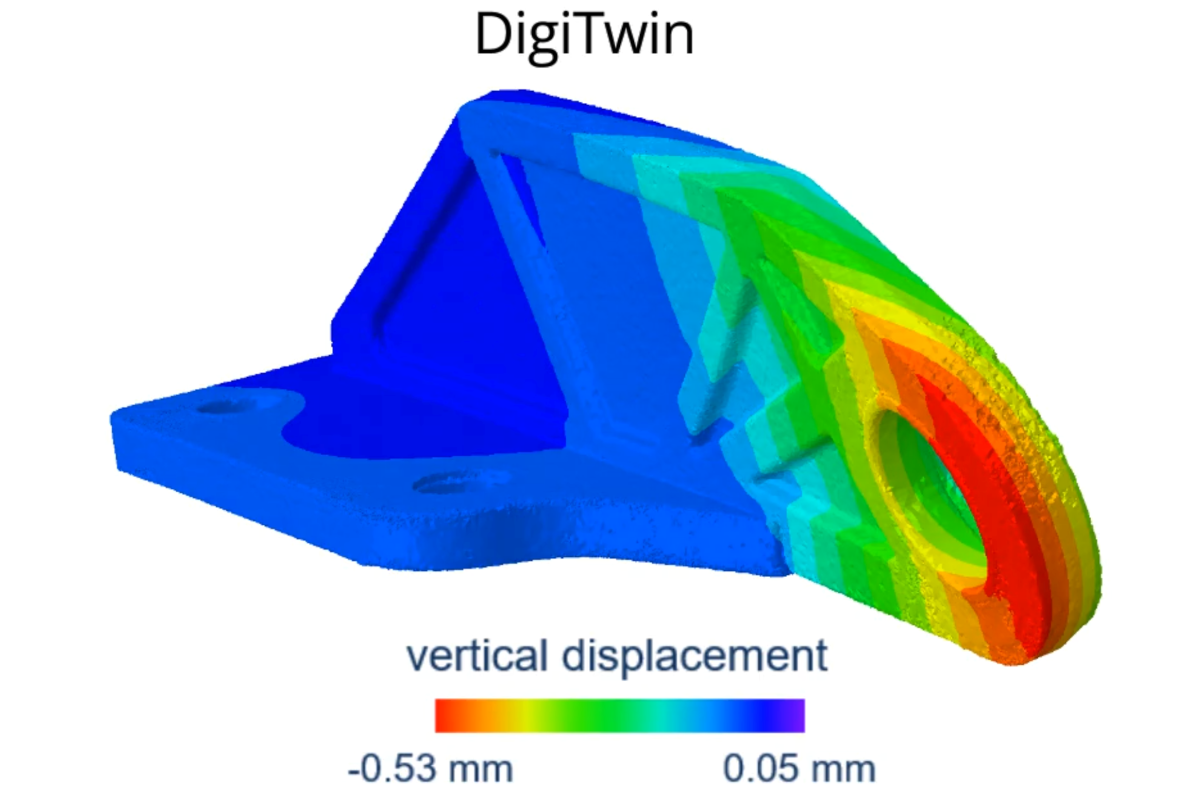Our advanced diagnostics can give you a detailed 3D analysis of your composite microstructure: fibre distribution and orientation, identify imperfections in the design or that have occurred during manufacture, and understand their impacts on performance.
The excellent quality of our 3D images allows us to build sophisticated visualisations, that will provide you with a new standard of assurance for your components.
We can identify, quantify and characterise defects, including void content, size, shape and location, and manufacturing quality indicators such as fibre volume fraction and fibre orientation. With this information, you will be better informed on the integrity of your component.
Our team can provide geometrical and metrological analysis of components, including wall thickness and dimensions, with expert 3D visualisation of the results.
Partner with New Frontier Technologies to be certain you are meeting your project goals and certification.
Digital Certification
You will receive comprehensive data sets on your composite components through our 3D Analysis process. This extends even further if you choose us to manufacture your components.
The volume and quality of data means you can more easily meet certification requirements for components used in space launch, passenger aircraft, and many other sectors requiring precise simulation and assessment.
New Frontier Technologies are actively seeking partners in aerospace that are willing to work with us to advance Digital Certification.
Similar case studies
Digital twin and high-fidelity simulation
DigiTwin offers a complete solution for imaging, analysis and simulation of composite components to identify defects and predict mechanical behaviour.
Gridded Composite Rocket Body
We designed and manufactured a Gridded Rocket Body, Payload Module utilising the superior performance of an orthogrid structure.
Satellite Chassis
Partnering with key satellite manufacturers, we have developed a thermoplastic composite single-piece, join-free, cuboid structure. It was additively manufactured with high-strength carbon-fibres using our dual-laser automated fibre placement system.


